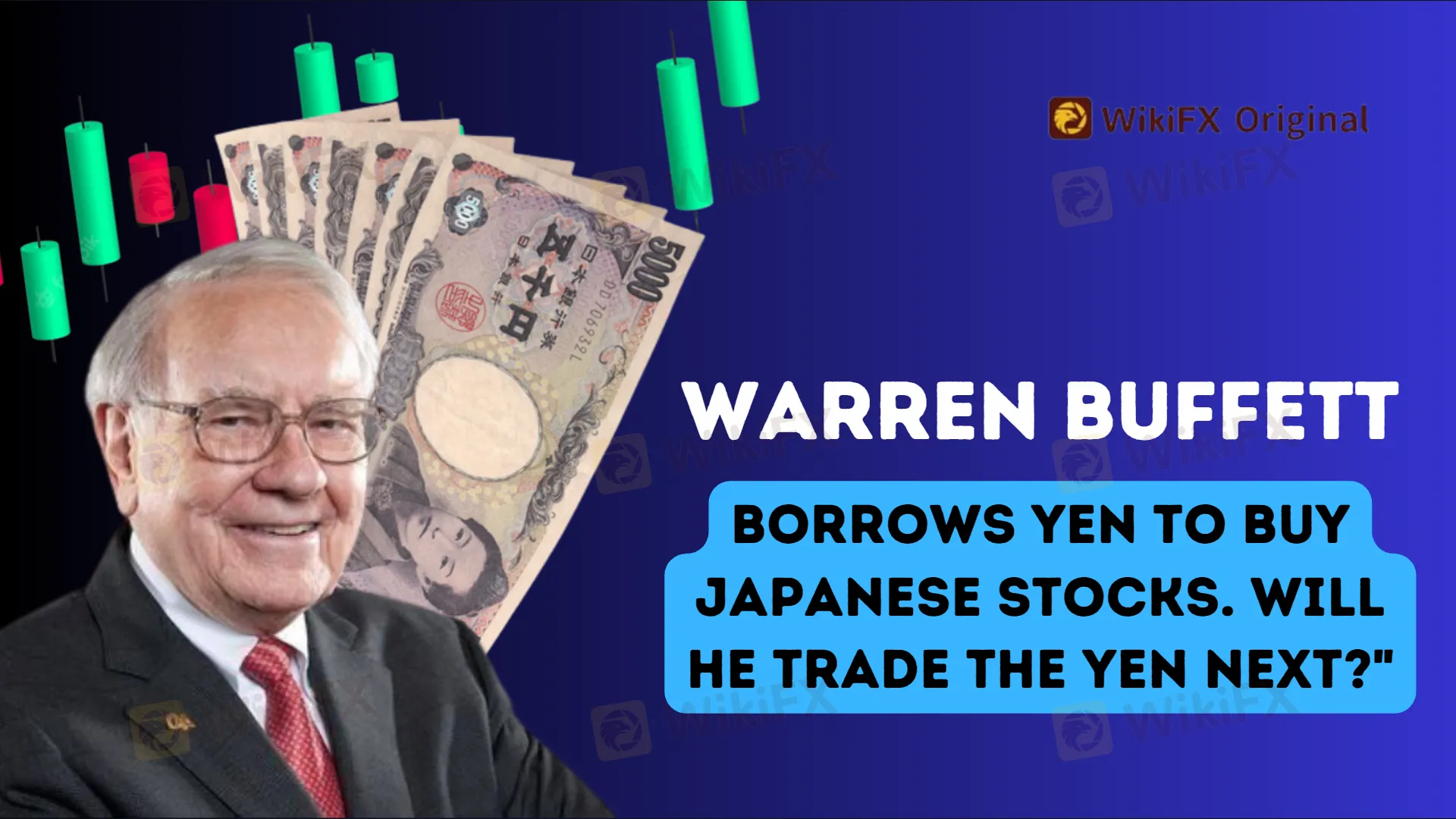Abstract:Recently, the news of Warren Buffett investing in Japanese assets has become a hot topic.

At the annual Berkshire Hathaway shareholders meeting, Warren Buffett mentioned Japan multiple times in front of an audience of about 40,000 attendees.
Buffett is bullish on the Japanese stock market, as evidenced by his recent comments at the annual Berkshire Hathaway shareholders meeting, where he spoke to an audience of approximately 40,000 attendees and repeatedly mentioned Japan.
In particular, his comments that “compared to Taiwan, Japan is a better investment destination” indicated his positive outlook on the Japanese stock market.
Furthermore, Buffett revealed that his visit to Japan and his visits to the country's top five trading companies were aimed at laying the groundwork for his “successor”.
“I went there, in part, to introduce Greg to those business partners. And as far as those companies go, they're just delightful,” said Buffett.
Greg added, “We do hope to have long-term partnerships with these companies. They are incredible investment opportunities and have always been very good investment opportunities. I love the culture and history of these companies. Our two-day visit to the five major trading companies was fantastic.”
In April of this year, the 92-year-old stock guru Buffett visited Japan for the second time since 2011.
Buffett said that his Berkshire fund now holds 7.4% stakes in each of Japan's five major trading companies: Itochu, Marubeni, Mitsubishi, Mitsui & Co., and Sumitomo, which is the fund's largest investment overseas. He also revealed that he is “very proud” of his investments in Japan's five major trading companies over the past few years.
Furthermore, Buffett stated that “we will be discussing further investment” in Japanese stocks, and that the Berkshire Hathaway fund plans to continue investing in these five major trading companies, with the current target being to hold 9.9% of each company's shares. If the fund were to hold over 10% of the shares, they would consult with and obtain the agreement of these trading companies in advance.
Borrowing Yen to buy Japanese stocks
In fact, in recent years, whether visiting Japan in person or investing in Japanese enterprises, Buffett has always shown a strong interest in the Japanese market.
Berkshire Hathaway has previously hired banks to arrange yen bond issuance, borrowing yen to buy Japanese stocks has become a regular practice for Buffett. Berkshire Hathaway's first yen bond issuance was in 2019, with a bond size of up to JPY 430 billion, making it one of the largest overseas issuers of yen bonds in history. In 2020, Berkshire Hathaway issued JPY 195.5 billion in bonds. The most recent benchmark yen bond issuance was in December last year, with a bond size of JPY 115 billion. In April of this year, Berkshire Hathaway issued JPY 164.4 billion in bonds.
Against the backdrop of a weak yen, increasing holdings of yen-denominated assets while issuing low-interest yen bonds not only secures cheap funding, but also partially hedges foreign exchange risks. By issuing yen bonds, there is no need to convert US dollars on Berkshire Hathaway's balance sheet into yen and then invest in yen-denominated assets. This not only avoids the trouble of cross-border capital flows but also avoids increasing currency exposure.
Is speculation on the Yen inevitable?
In the context of the stock market and the foreign exchange market, how can one maximize investment profits? Buffett and other US capitalists are sure to make very accurate calculations. “For Buffett and others, they are currently investing in US dollars and will also receive US dollars in return. If the Yen continues to depreciate, the profits may be lower when converted into US dollars. There is a possibility that international speculative capital will drive up the yen exchange rate. After the dividend payout is complete and the funds are withdrawn, a large number of Yen will flood the foreign exchange market, and demand for US dollars will continue to rise, causing the yen to depreciate again. At that time, what remains is a volatile Japanese financial market and further disappointment in the Japanese economy.”










